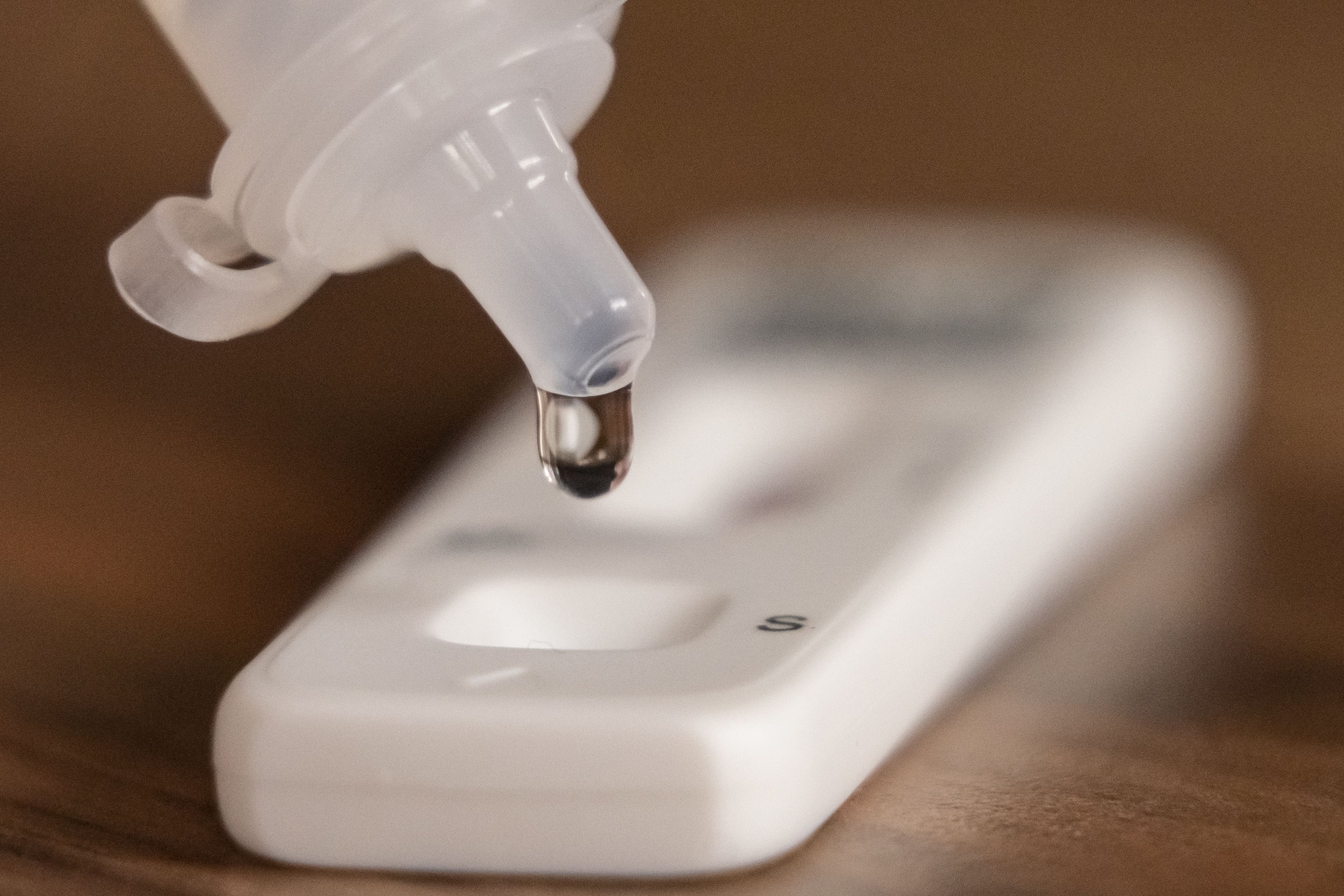Scientist discover another tell-tale sign of long Covid
Researchers found that those with long Covid showed a pattern of immune system activation


Findings from the largest UK study of patients admitted to hospital with coronavirus show that long Covid leads to ongoing inflammation which can be detected in the blood.
In an analysis of more than 650 people who had been in hospital with severe Covid-19, patients with prolonged symptoms showed evidence of their immune system being activated.
How this activation happened depended on the type of symptoms they mainly had, for example fatigue or brain fog.

The research, led by Imperial College London, suggests existing drugs which modulate the body’s immune system could be helpful in treating long Covid and should be investigated in future research.
Professor Peter Openshaw, from Imperial’s National Heart and Lung Institute, said: “With one in ten Sars-CoV-2 infections leading to long Covid and an estimated 65 million people around the world suffering from ongoing symptoms, we urgently need more research to understand this condition.
“At the moment, it’s very hard to diagnose and treat.
“This study, which includes detailed clinical data on symptoms and a raft of inflammatory blood plasma markers, is an important step forward and provides crucial insights into what causes long Covid.”
He added: “I do think that there is a hopeful message which says that there are these biological pathways that are activated from different forms of persistent symptomatology after Covid, and people aren’t imagining it.
“It’s something which is genuinely happening to them.
“A lot of the symptoms do ultimately resolve and we’re continuing this study and looking at later time points.”
Symptoms of long COVID
The most common symptoms of long COVID are:
- extreme tiredness (fatigue)
- feeling short of breath
- problems with your memory and concentration (“brain fog”)
- heart palpitations
- dizziness
- joint pain and muscle aches
The study, published in the journal Nature Immunology, is the latest research from two collaborative groups, PHOSP-Covid and ISARIC-4C.
These involve scientists and clinicians from Imperial alongside collaborators from the Universities of Leicester, Edinburgh and Liverpool among others and funded by UK Research and Innovation (UKRI) and the National Institute for Health and Care Research (NIHR).
In the latest study, researchers included 426 people who were experiencing symptoms consistent with long Covid – having been admitted to hospital with Covid-19 at least six months prior to the study.
They were compared with 233 people who were also admitted for Covid-19 but who had fully recovered.
Samples of blood plasma were taken and a total of 368 proteins known to be involved in inflammation and immune system modulation were measured.
Researchers found that, compared to patients who had fully recovered, those with long Covid showed a pattern of immune system activation indicating inflammation of myeloid cells and activation of a family of immune system proteins called the complement system.

Myeloid cells are formed in the bone marrow and produce various types of white blood cells that circulate in the blood and migrate into organs and tissues where they respond to damage and infection.
Dr Felicity Liew, from Imperial’s National Heart and Lung Institute, said: “Our findings indicate that complement activation and myeloid inflammation could be a common feature of long Covid after hospitalisation, regardless of symptom type.
“It is unusual to find evidence of ongoing complement activation several months after acute infection has resolved, suggesting that long Covid symptoms are a result of active inflammation.
“However, we can’t be sure that this is applicable to all types of long Covid, especially if symptoms occur after non-hospitalised infection.”
Bookmark popover
Removed from bookmarks